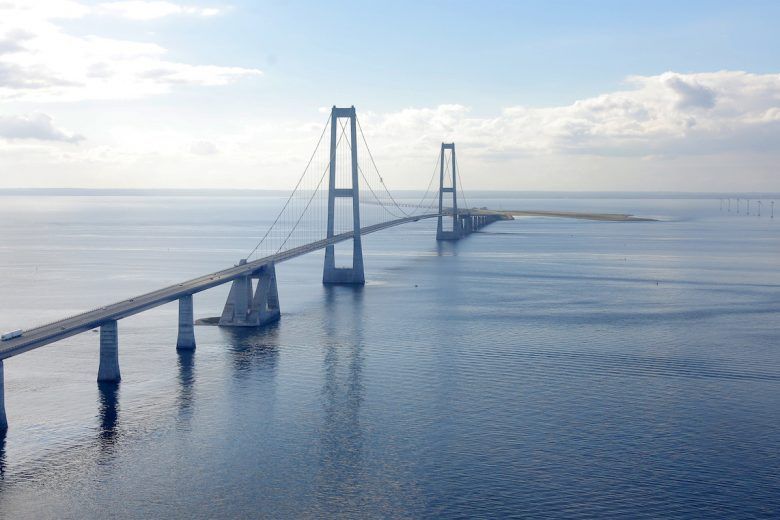Public employees in the Capital Region and Zealand can return to their offices starting next Monday as part of Phase 3 of Denmark’s reopening, the Ministry of Justice has confirmed.
Tuesday’s announcement further opens up the public sector after state, regional and municipal employees in Northern Jutland, Southern Denmark and Central Denmark came back to work on May 27.
Workers east of the Great Belt Bridge were initially excluded from the order because coronavirus infections were more widespread in their areas than the rest of the country.
‘Zealand forgotten’
Prior to Tuesday’s announcement, several mayors in Zealand lamented that the government seemed to have forgotten their region.
“It seems a little strange that people can go to the gym — and we have many gyms in Næstved — but people can’t go to the Citizens Service,” said the municipality’s mayor, Carsten Rasmussen.
The justice minister, Nick Hekkerup, later said that public servants were a cornerstone of Danish society and acknowledged that many looked forward to physically meeting again in their workplace.
Staggered meeting times
The Ministry of Justice urged public employees to observe guidelines to avoid a resurgence of coronavirus cases.
Work that could be done from home should be continued. Meeting times should also be staggered to avoid unnecessarily gathering many people.















